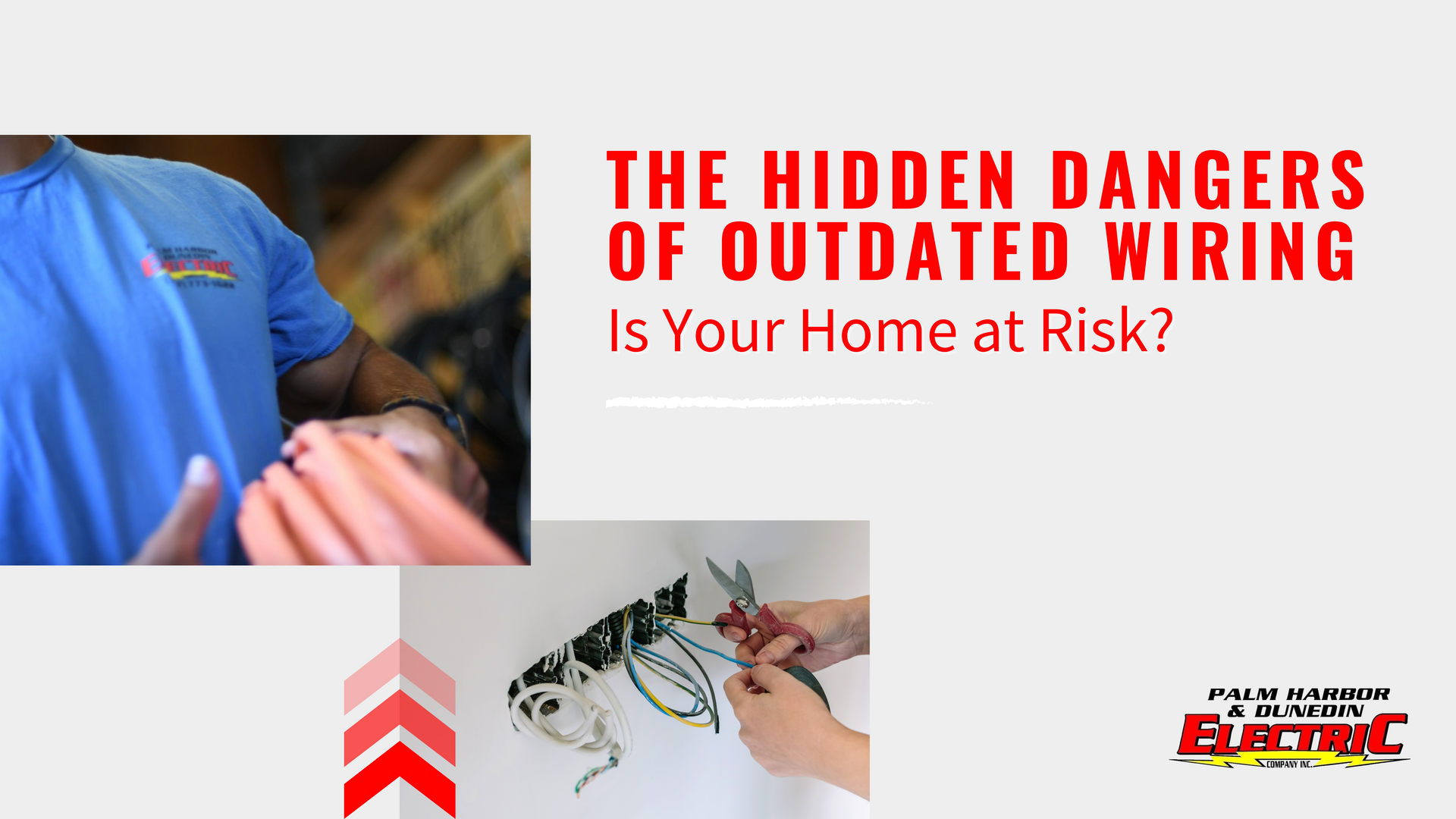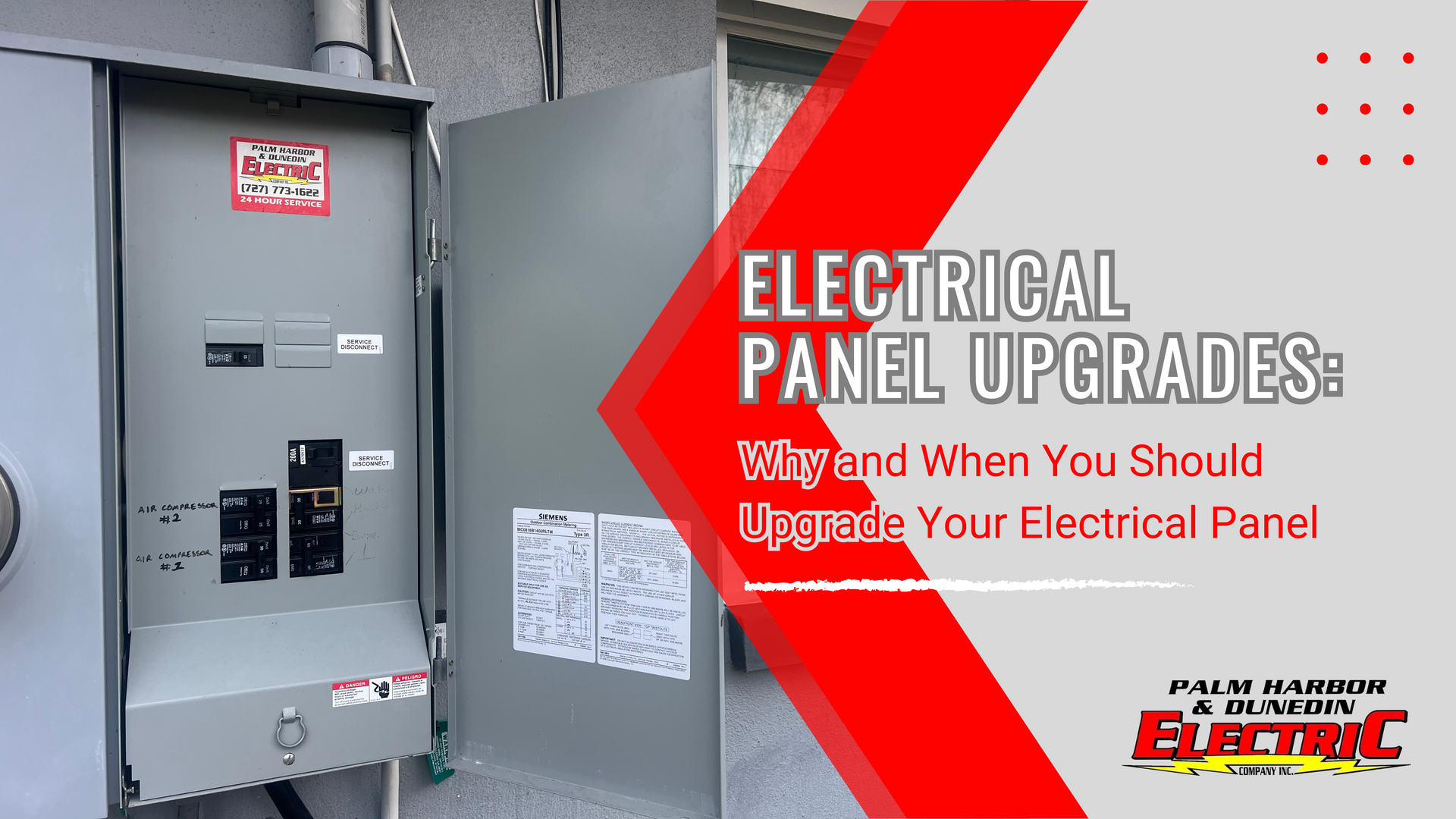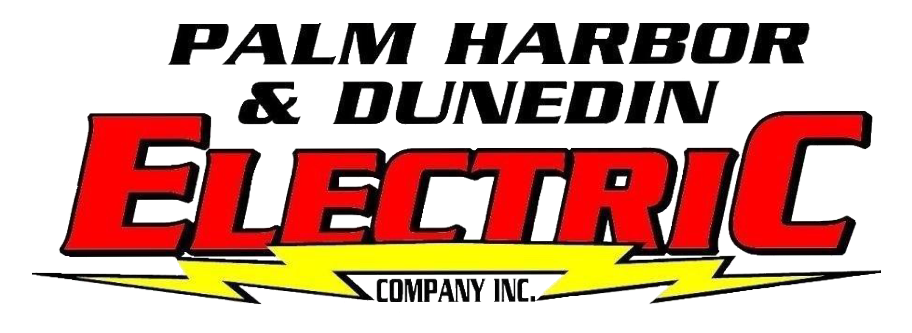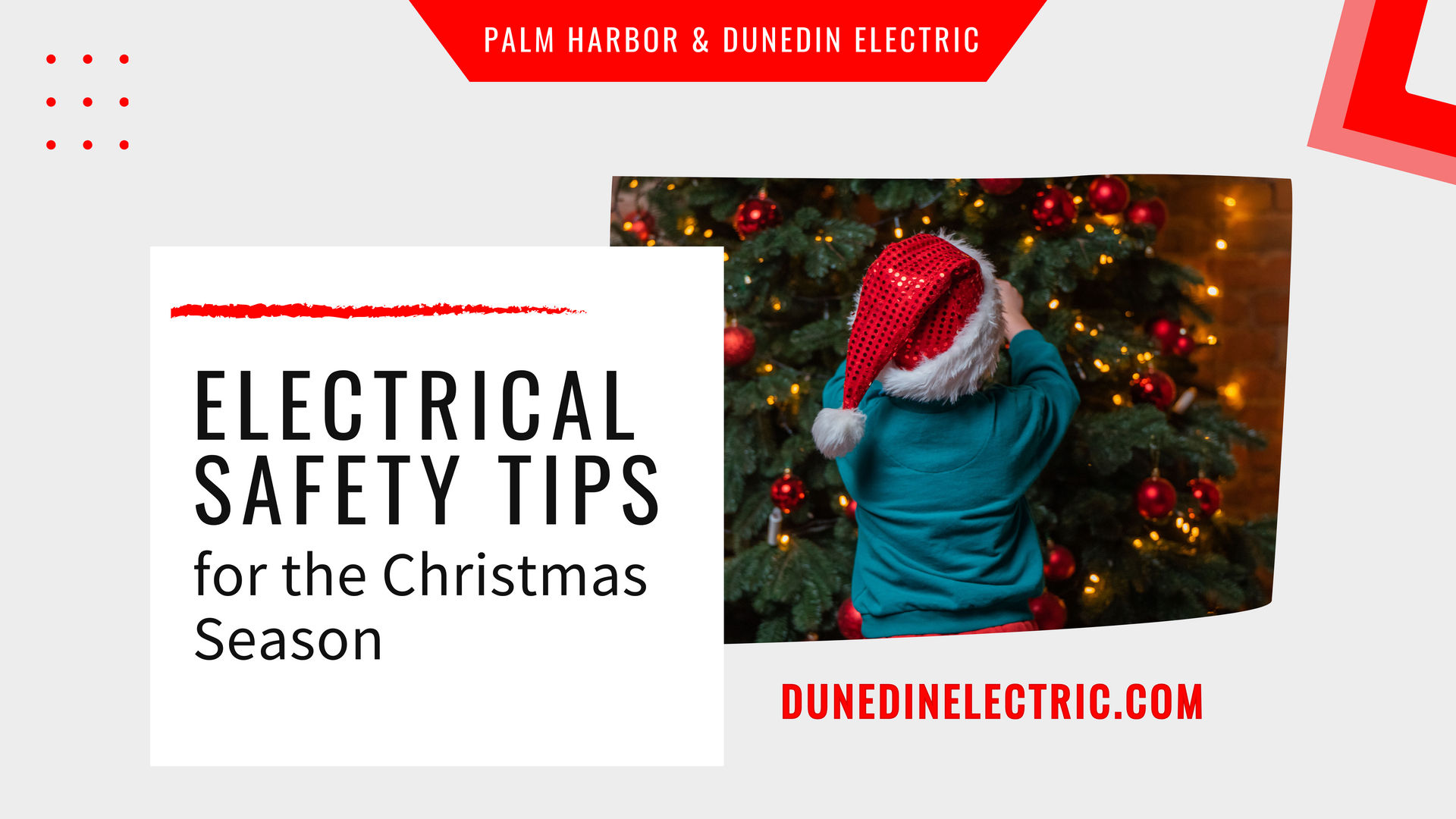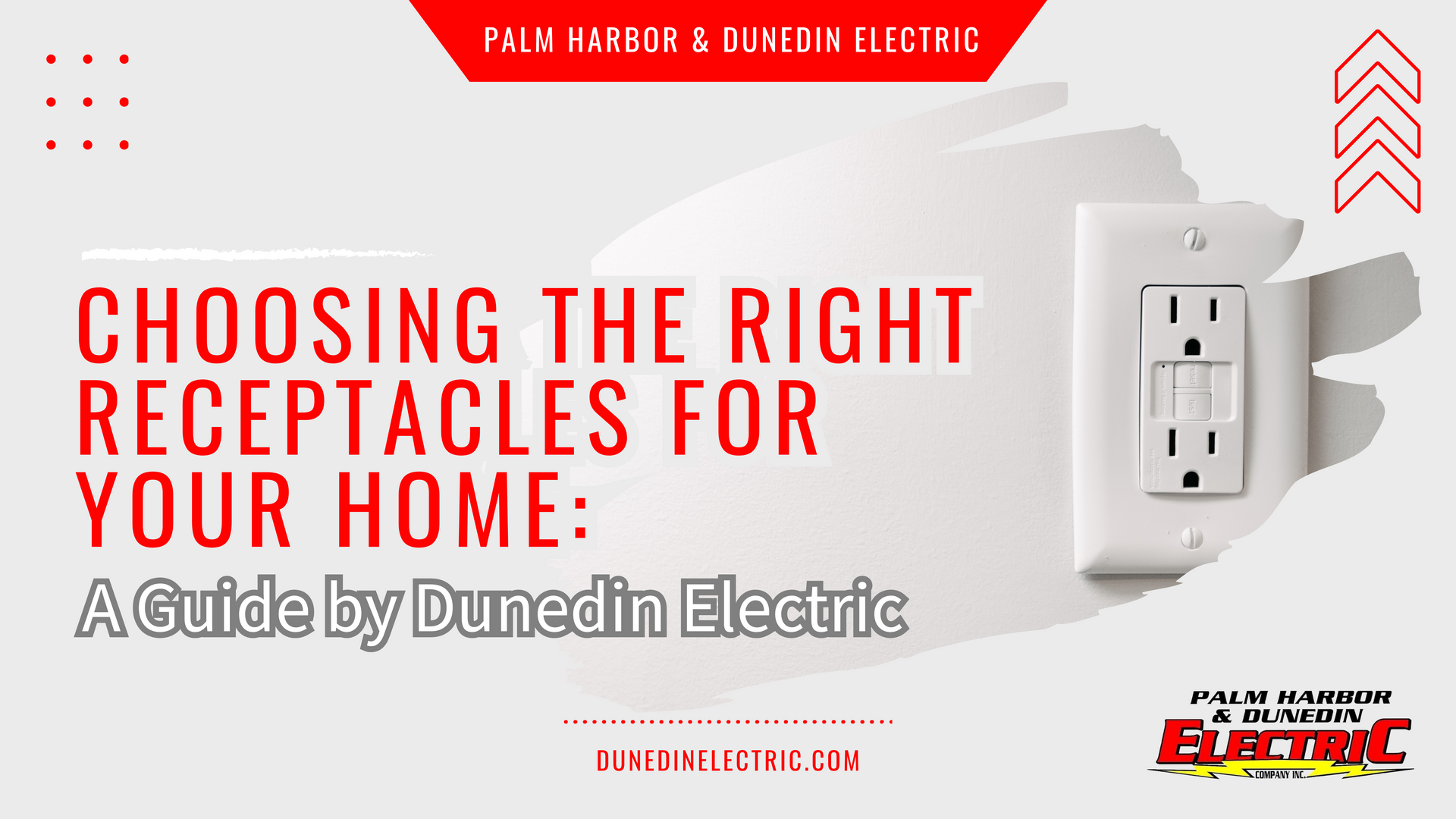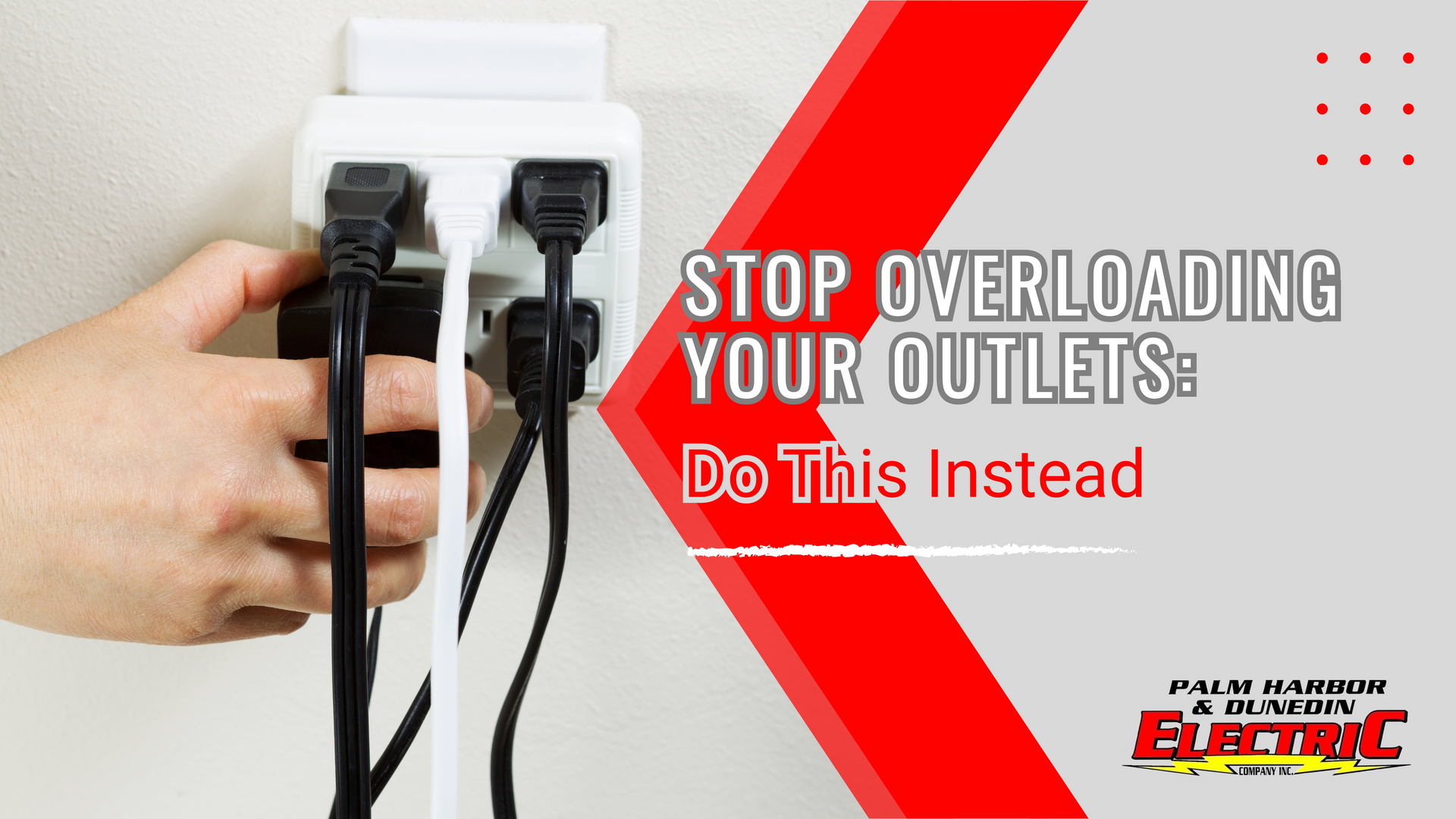Extension Cords: Safety and All You Need to Know
The Problem with Extension Cord Safety
Extension cords are a common sight in many households and workplaces. They help us bridge the gap between electrical outlets and our devices, appliances, and power tools. However, their convenience can sometimes come with risks. Extension cord safety is crucial, as improper use or damaged cords can lead to electrical hazards, fires, and even injury. In this guide, we'll cover all you need to know about extension cords, including their safety, when they should be inspected, and how to choose the right one for your needs.
Are Extension Cords Safe?
Extension cords are generally safe when used properly. They are designed to extend the reach of electrical outlets and can handle varying levels of electrical load. However, issues can arise when cords are misused or overburdened. Common safety concerns include using extension cords for long-term solutions, overloading them with high-wattage appliances, or running them under carpets where they can overheat. To ensure safety, always use extension cords as intended and follow the manufacturer's guidelines.
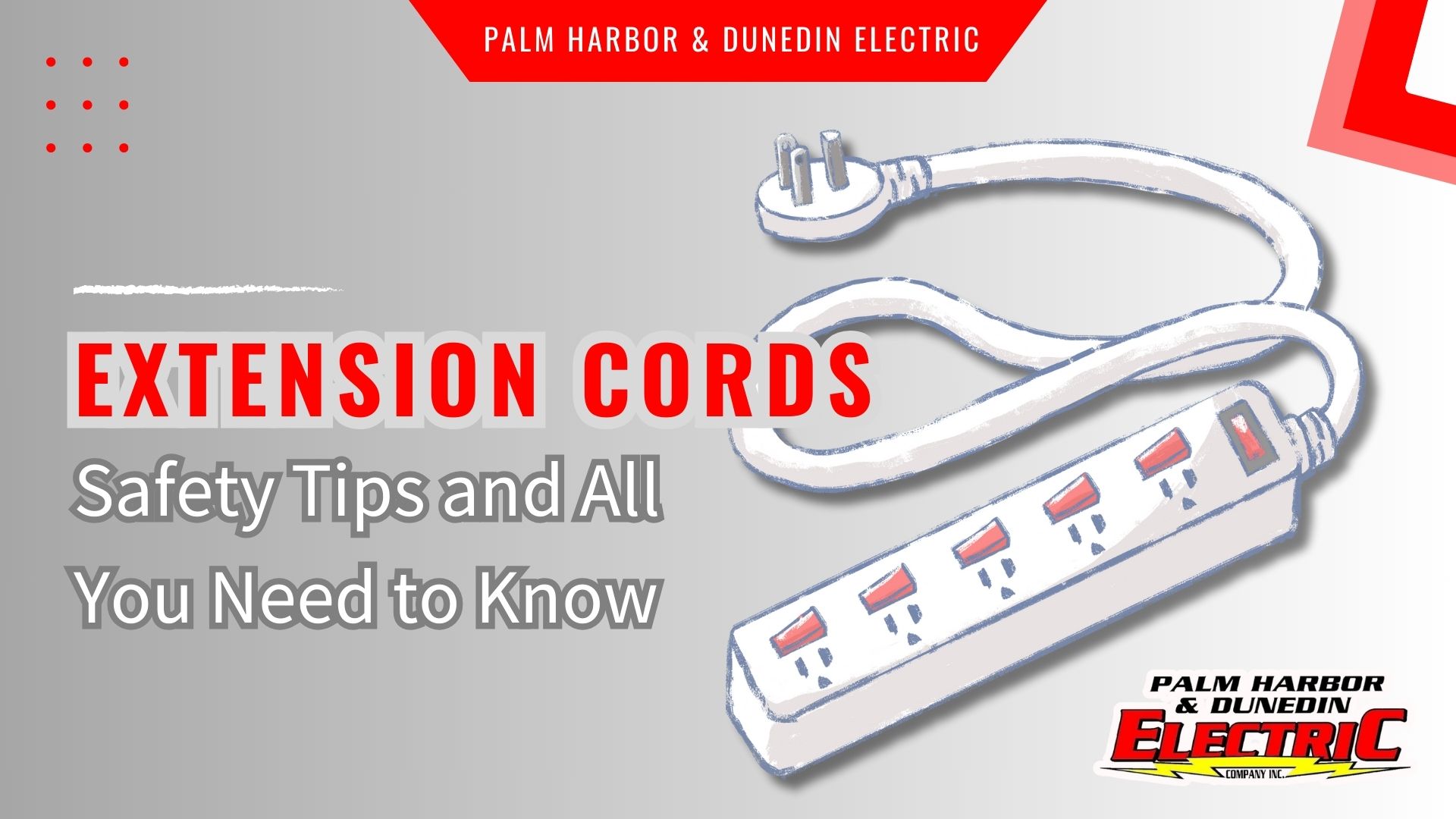
Which Extension Cords Are Safe?
When choosing an extension cord, safety should be your top priority. Look for cords that are certified by recognized safety organizations like Underwriters Laboratories (UL). These certifications indicate that the extension cords have been tested for safety and performance. Additionally, consider the following factors to determine the safest cord for your needs:
- Gauge: A lower gauge number indicates a thicker cord that can handle more power. For heavy-duty use, choose a thicker gauge.
- Length: Use the shortest cord possible to reduce resistance and heat buildup.
- Weather Resistance: If using outdoors, ensure the cord is rated for outdoor use to withstand weather conditions.
- Grounding: Three-pronged extension cords offer added safety by providing a ground connection.
Can Extension Cords Go Bad?
Yes, extension cords can go bad over time due to wear and tear or misuse. Common signs that an extension cord is no longer safe to use include frayed or cracked insulation, bent or broken prongs, or excessive heat buildup. If you notice any of these signs, stop using the cord immediately and replace it with a new one. Regularly inspecting your extension cords for signs of damage is a good practice to ensure they remain safe to use.
When Should Extension Cords Be Inspected?
To ensure safety, extension cords should be inspected regularly. Here are some situations where you should perform a thorough inspection:
- Before Each Use: Quickly examine the cord for visible damage or signs of wear.
- After Storage: If an extension cord has been stored for a long period, check for any signs of deterioration.
- After High-Stress Use: If the cord has been used in a high-stress environment (e.g., outdoors, with power tools), inspect it for damage.
- Annually: Even if a cord appears to be in good condition, an annual inspection can help catch hidden issues.
Why Extension Cords Can Be Dangerous
Extension cords can be dangerous if misused or neglected. The primary risks include fire hazards, electrical shocks, and trip hazards. Overloaded extension cords can overheat and ignite, leading to fires. Cords with damaged insulation or broken prongs can cause electrical shocks. Additionally, cords placed across walkways or under carpets pose a tripping risk. To reduce the dangers associated with extension cords, consider alternatives like adding permanent electrical outlets or using power strips with built-in surge protection.
Contact An Electrician Near You
Extension cords are a helpful solution for many electrical needs, but safety should always be the top priority. If you have concerns about your extension cords, need additional outlets, or require other electrical services, don't hesitate to contact Palm Harbor & Dunedin Electric. Our team of licensed electricians can help you ensure your electrical systems are safe and up to code. Call us today to schedule an appointment and keep your home or workplace safe.
